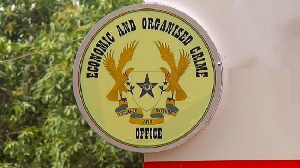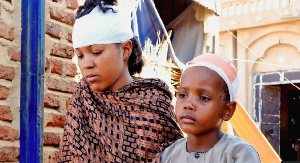Ghana and Cote D’Ivoire led by their authorities responsible for cocoa production, Ghana Cocoa Board (COCOBOD) and the Le Counsel du Café Cacao have objected to the subscription to International Standard Organization (ISO) certification which they find to be one that will worsen the already challenged situation of cocoa farmers in the two major producing countries.
The two countries have therefore decided to put the ISO certification on hold and rather continue to develop their standard which they say will take into account the interest of all stakeholders in the cocoa value chain.
This was announced at the signing of a declaration and a joint press conference held in Abidjan addressed by the Chief Executive of Ghana Cocoa Board Joseph Boahen Aidoo and (COCOBOD) his counterpart, the Director General of Le Counsel Du café-cacao Ibrahim Kone Yves.
The two countries have been holding series of meetings following a declaration by the Presidents of Ghana and Cote D’Ivoire to have the two cocoa management authorities collaborate and find lasting measures that will improve the condition of cocoa farmers and ensure the sustainability of the cocoa industry.
Speaking at the declaration ceremony, Chief Executive of COCOBOD, Mr Aidoo indicated the two countries are not opposed to setting standards for the Cocoa industry but they find the provisions in the proposed ISO certification as one that does not understand the operations of cocoa farmers and how they operate.
The implementation of standards will only bring untold hardship to the farmers.
Mr Aidoo explained that a situation where farmers are supposed to prepare what is referred to as COCOA farm development plan CFDP and their operating documents will be audited as well as the farms to be audited at a cost to the farmers is a proposal that is not workable within the contest of farming in Ghana presently.
He further questioned why such a cost will be passed onto the already impoverished farmer.
“The world market price of cocoa is already making life difficult for the farmer and you want to introduce programmes that will meet expectations of the consumer and further worsen the life of the farmer,” Mr Aidoo protested.
The two countries further revealed that they are currently working on a West Africa standards for certification and traceability of cocoa which will take into consideration the interest of all stakeholders.
Business News of Thursday, 14 March 2019
Source: thefinderonline.com













